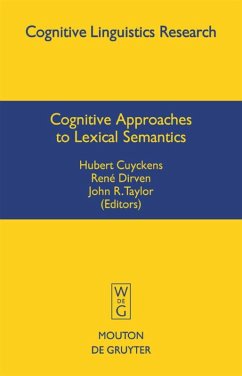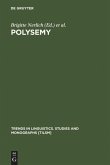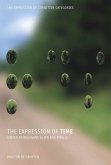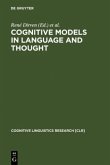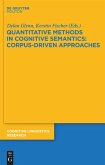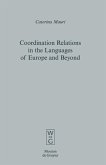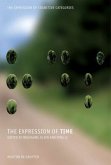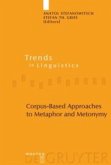This book provides a representative survey of early and more recent concerns in cognitively inspired lexical semantics. As such, it focuses on the issue of polysemy vs. monosemy, it offers fresh perspectives on prototypicality in lexical categories, it sheds light on the development of lexical items in child language acquisition and in diachrony, and it looks at issues going beyond the individual lexical item (onomasiology, synonymy, the relationship between lexical and syntactic meaning).
This collected volume presents radically new directions which are emerging in cognitive lexical semantics research. A number of papers re-ignite the polysemy vs. monosemy debate, and testify to the fact that polysemy is no longer simply taken for granted, but is currently a much more contested issue than it was in the 1980s and 1990s. Other papers offer fresh perspectives on the prototype structure of lexical categories, while generally accepted notions about the radial network structure of categories are questioned in papers on the development of word meaning in child language acquisition and in diachrony. Additional topics include the interaction of lexical and constructional meaning, and the relationship between word meanings and the contexts in which the words are encountered.
This book is of interest to semanticists and cognitive linguists, as well as to scholars working in the broader field of cognitive science.
This collected volume presents radically new directions which are emerging in cognitive lexical semantics research. A number of papers re-ignite the polysemy vs. monosemy debate, and testify to the fact that polysemy is no longer simply taken for granted, but is currently a much more contested issue than it was in the 1980s and 1990s. Other papers offer fresh perspectives on the prototype structure of lexical categories, while generally accepted notions about the radial network structure of categories are questioned in papers on the development of word meaning in child language acquisition and in diachrony. Additional topics include the interaction of lexical and constructional meaning, and the relationship between word meanings and the contexts in which the words are encountered.
This book is of interest to semanticists and cognitive linguists, as well as to scholars working in the broader field of cognitive science.

